Teng Gao, PhD
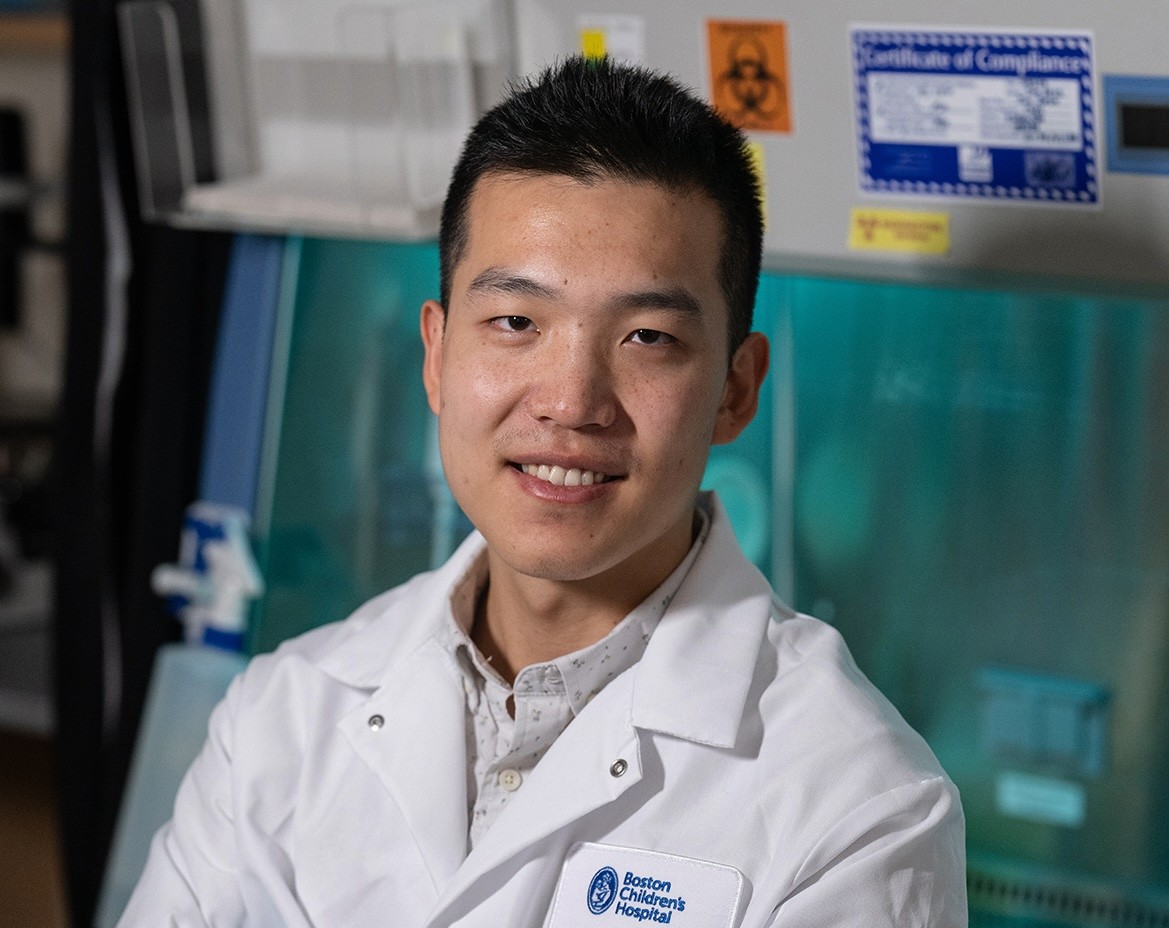
Hematopoietic stem cells, which are found in the bone marrow and give rise to all other blood cells, maintain lifelong blood production and immune function. Due to their remarkable ability to regenerate the entire blood system, medical uses of HSCs have provided cures for many previously incurable diseases, including blood cancers. However, several unanswered questions limit our ability to full harness their therapeutic potential for cancer treatment. What regulates HSC regeneration? Why does their function decline with age? How does HSC behavior vary in healthy individuals? Using cutting-edge single-cell analyses and computational biology, Dr. Gao [HHMI Fellow] aims to identify the molecular and cellular factors involved in HSC regeneration, as well as possible targets for enhancing their regenerative potential. This work could enable significant improvements in stem cell-based therapies for cancer treatment. Dr. Gao received his PhD from Harvard University, Cambridge and his BS from Washington University, St. Louis.
Sangin Kim, PhD
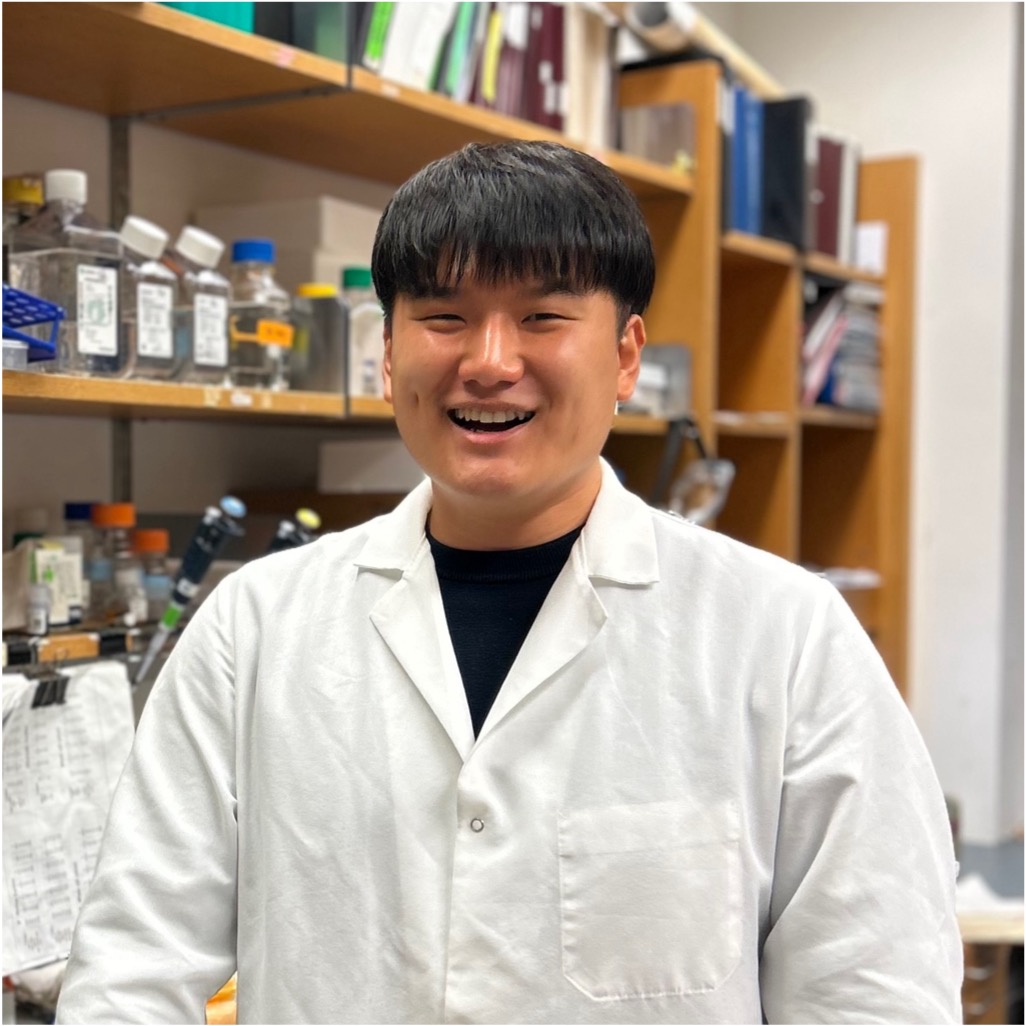
The cellular response to DNA damage is coordinated by an enzyme known as ATM kinase. Mutations in ATM are found in approximately 1% of the population and contribute to an increased risk of both hereditary and sporadic cancers, including breast cancer. Dr. Kim’s research investigates how ATM suppresses the production of double-stranded RNAs (dsRNAs) in response to DNA damage. These dsRNAs play a critical role in tumor progression. Dr. Kim aims to identify the key molecular players involved in ATM-mediated suppression of dsRNAs and elucidate how the loss of ATM function triggers inflammatory responses through dsRNA sensing pathways. By uncovering these mechanisms, Dr. Kim aims to deepen our understanding of how ATM mutations drive cancer development and uncover novel therapeutic strategies for ATM-associated cancers. Dr. Kim received his PhD and BS from the Ulsan National Institute of Science and Technology, Ulsan.
Rodrigo Gier, PhD
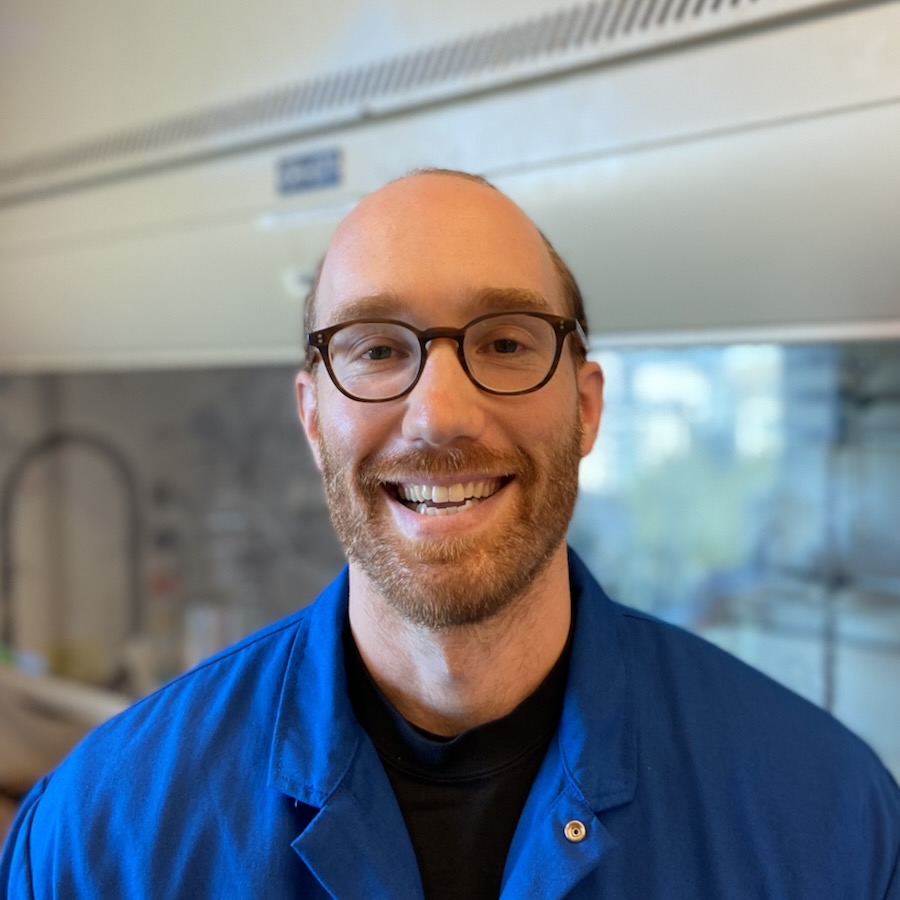
Drug therapies that selectively target proteins that drive the growth of tumor cells are rapidly becoming the standard of care for many cancers. However, tumors are often able to evade inhibition by targeted anti-cancer drugs by activating other proteins, leading to drug resistance. Dr. Gier [HHMI Fellow] is developing a new therapeutic approach that repurposes existing drugs to release highly toxic cargoes, known as payloads, that aggregate in drug-resistant cancer cells and kill them. As a general platform, it is applicable to a wide range of solid and liquid cancers. Dr. Gier received his PhD from University of Pennsylvania, Philadelphia and his BA from Swarthmore College, Swarthmore.
Pu Zhang, PhD
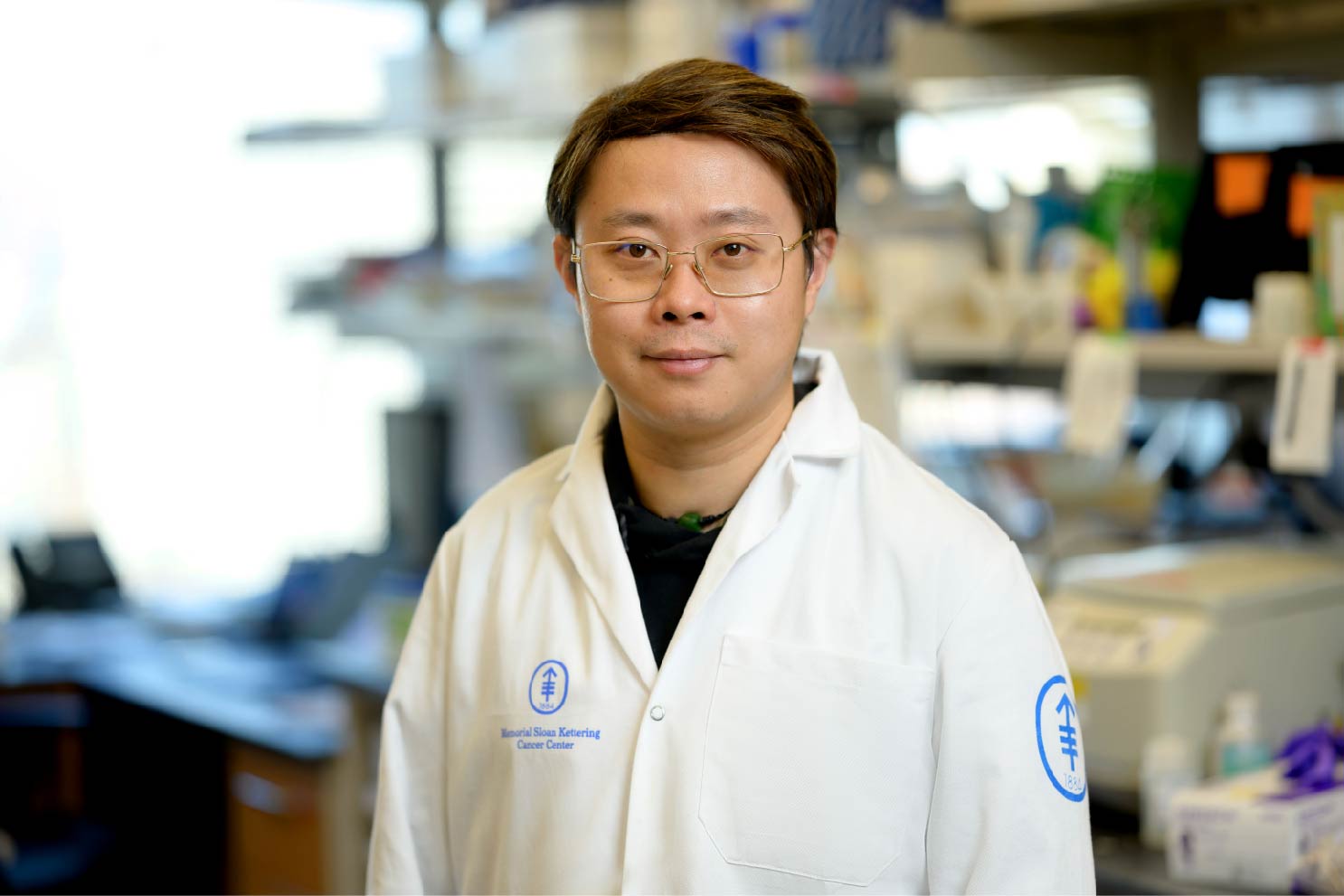
Dr. Zhang is studying a unique three-stranded nucleic acid structure, called an R-loop, to understand its role in cancer development and find ways to target and control its formation. R-loops consist of a DNA-RNA hybrid and a displaced strand of DNA. R-loops occur frequently in human genomes, and while they play an important role in blood cell differentiation and immune cell function, they can also interfere with DNA repair and promote genome instability, giving rise to leukemia. However, the dynamic nature of R-loop formation hampers the detection of this structure in a small cell sample. To address this challenge, Dr. Zhang is developing novel techniques to map R-loops in normal blood stem cells versus blood cancer cells at single-cell resolution. He also plans to investigate leukemia-specific R-loops in vitro and in vivo with CRISPR-based screening techniques. The goal of his research is to aid development of therapeutic interventions for R-loop-related gene expression dysregulation in cancer, especially leukemia. Dr. Zhang received his PhD from Ohio State University, Columbus, his MS from University of Edinburgh, Edinburgh, and his BS from Chongqing University, Chongqing.
Oriana Miltiadous, MD
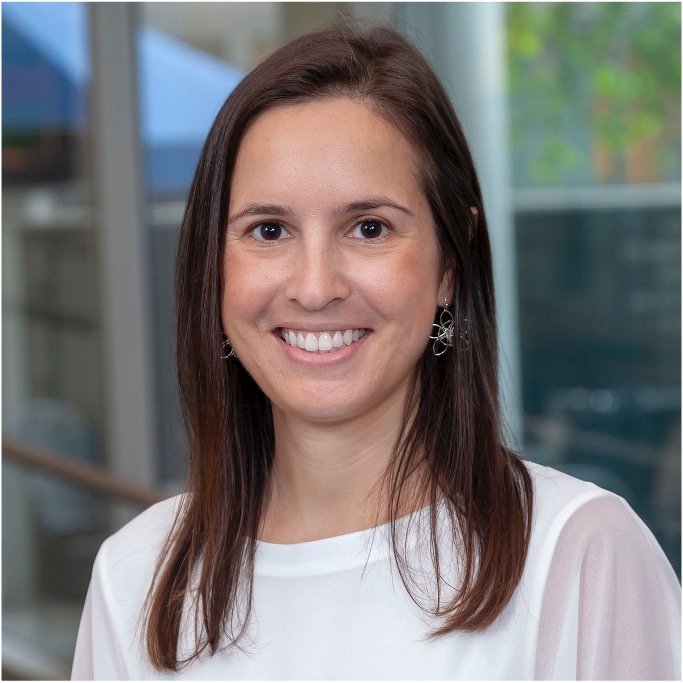
Dr. Miltiadous is investigating how the gut microbiome affects the immune system in children undergoing a cancer treatment called allogeneic hematopoietic cell transplantation (allo-HCT), which is often used for aggressive pediatric cancers like leukemia and lymphoma. While it can be life-saving, allo-HCT can also induce complications caused by immune overactivation, including graft-versus-host disease. Molecules called bile acids, produced with the help of gut microbes, help balance the immune response, reducing harmful inflammation and improving recovery. By identifying specific gut microbes and bile acids that support immune function, Dr. Miltiadous aims to reduce complications, improve survival rates, and enhance the quality of life for children receiving allo-HCT. By analyzing a cohort of over 400 patients, she seeks to uncover actionable insights that could lead to new therapies targeting the gut microbiome. Dr. Miltiadous received her MD from University of Athens Medical School, Athens.
Mohammad Balood, PhD
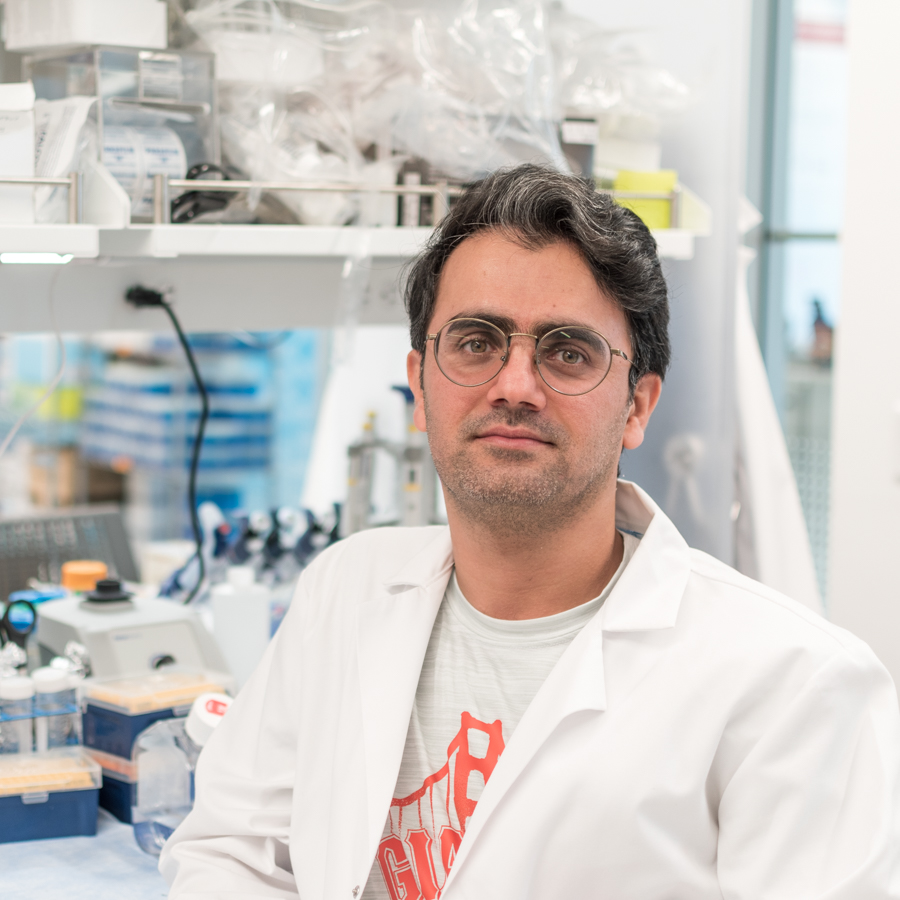
One of the persistent challenges in treating high-risk pediatric leukemia, particularly in cases of acute megakaryoblastic leukemia (AMKL), is the high incidence of relapse due to resistance to standard treatments such as chemotherapy and bone marrow transplantation. T cell therapy has shown potential in treating various types of leukemia, offering the prospect of overcoming mechanisms that tumor cells employ to evade traditional therapies. However, a significant challenge in T cell therapy for AMKL lies in identifying T cells that are able to recognize and target leukemia cells specifically. Dr. Balood’s research is dedicated to advancing T cell therapy for AMKL. He plans to test and identify T cell clones that specifically recognize and eliminate leukemia cells with the goal of translating these findings into an effective T cell therapy with minimal toxicity in leukemia patients. Dr. Balood received his PhD from University of Montreal School of Medicine, Montreal, his MS from Tarbiat Modares University School of Medicine, Tehran, and his BS from Shahid Chamran University of Ahvaz, Ahvaz.
Matthew Decker, MD, PhD
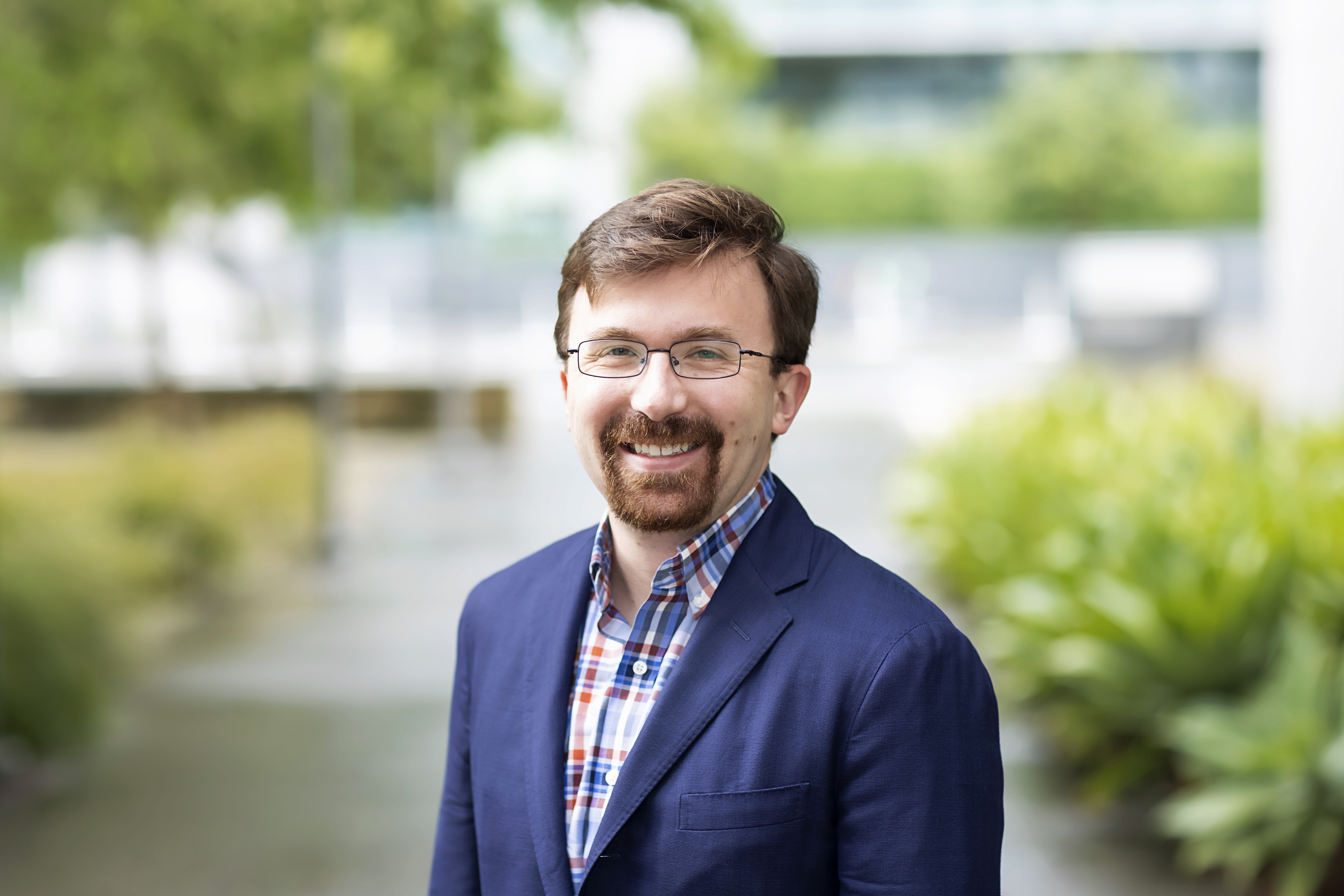
Acute myeloid leukemia (AML) is hard to cure compared to other childhood leukemias and lymphomas. Current standard-of-care AML treatment is very toxic; childhood AML survivors often have side effects later in life from their treatment, including heart disease, infertility, and additional cancers. There is a pressing need for new AML treatments that are less toxic and more effective. Dr. Decker’s research is focused on developing novel inhibitors of a protein called N-Ras, one of the most common mutations in pediatric AML. Dr. Decker hopes by disrupting N-Ras function to sensitize AML to existing therapies and improve outcomes for patients. Dr. Decker received his MD and PhD from Columbia University, New York and his BS from Stanford University, Stanford.
Lara Wahlster, MD, PhD
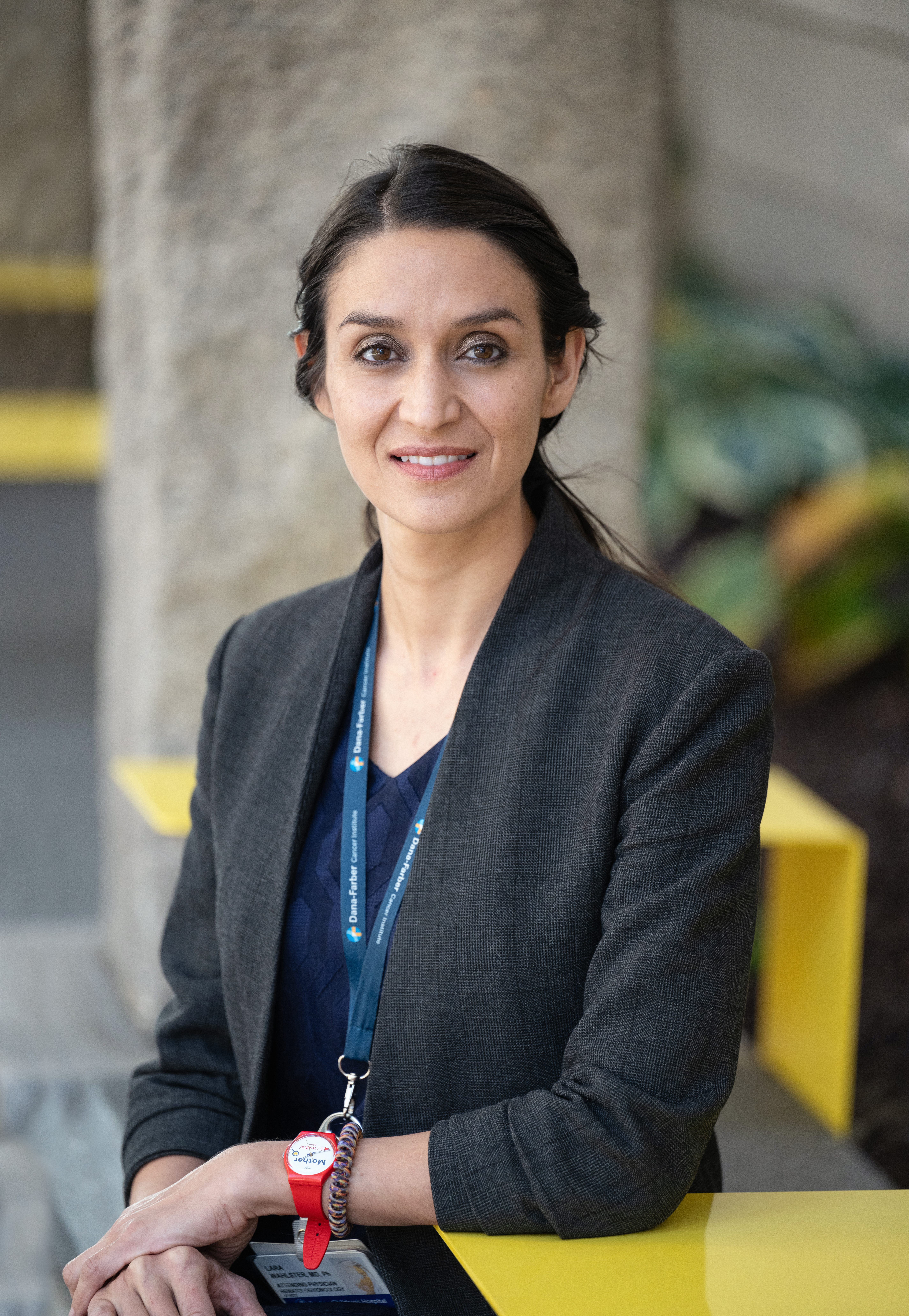
Dr. Wahlster is studying the developmental origins of acute lymphoblastic leukemia (ALL), the most common childhood cancer and leading cause of death in children. The goal of Dr. Wahlster’s research is to understand the biological processes that drive blood cancer development. Applying innovative genomic tools, her work seeks to decipher how cancer-predisposing genetic variants impact early blood cell development and facilitate the acquisition of secondary genetic changes found in ALL. She aims to leverage these insights to guide the development of novel, mechanism-based treatments. Dr. Wahlster earned her MD and PhD from the University of Heidelberg, Heidelberg.
Philip T. Pauerstein, MD, PhD
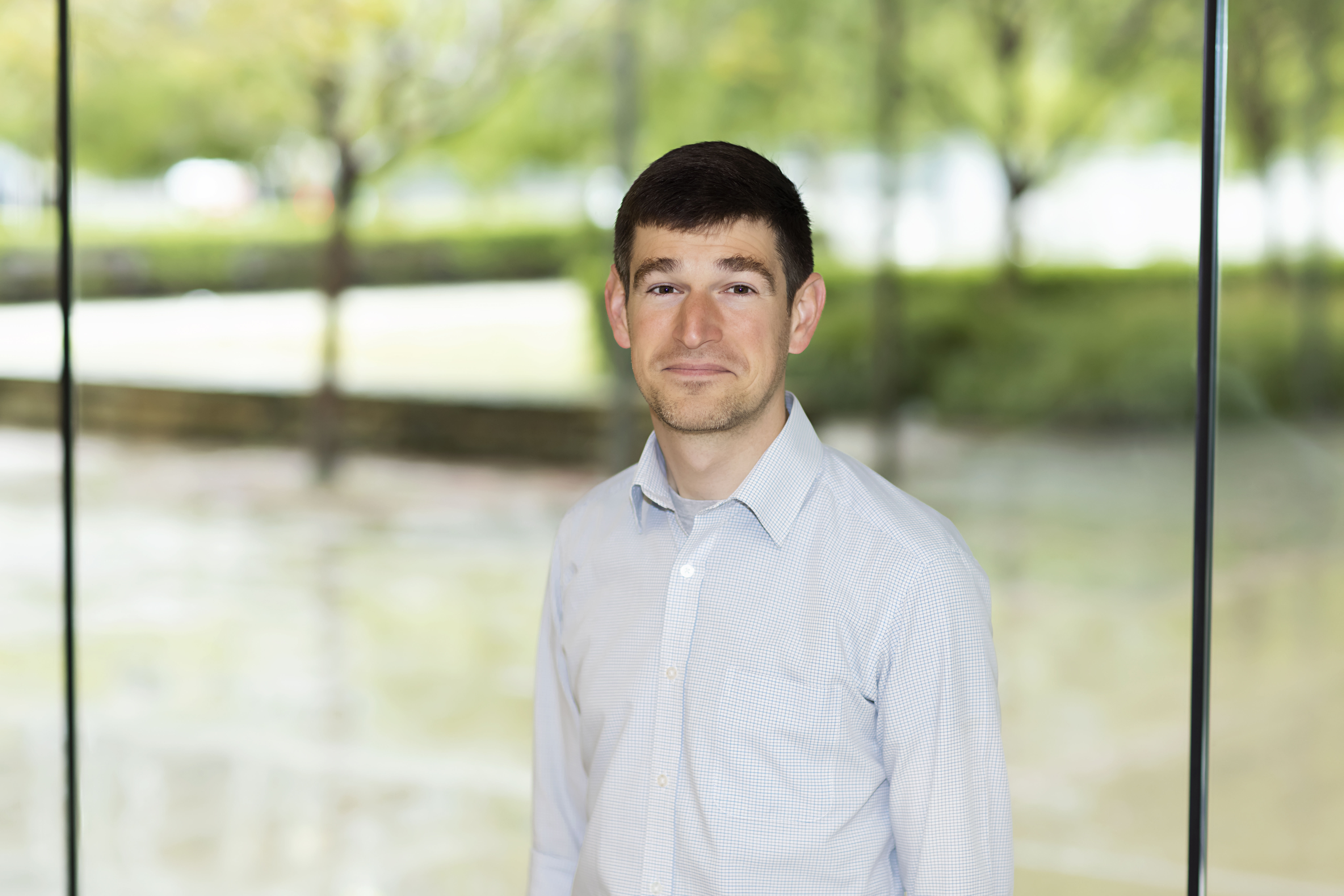
Leukemia is a cancer of the immune system and is a major cause of death from cancer in children and young adults. Chimeric antigen receptor (CAR) T cell therapy, which involves genetic engineering of a cancer patient’s own immune system cells to fight cancer, has demonstrated curative potential. Despite excellent initial responses to treatment, however, leukemia recurs in up to half of pediatric leukemia patients after CAR T treatment. A major cause of treatment failure is that CAR T cells do not attach to cancer cells as strongly as natural T cells do to their targets, and this limits their ability to find and kill cancer cells. Dr. Pauerstein’s research is attempting to improve CAR T cell sensitivity to cancer cells using synthetic cell adhesion molecules, a type of molecular glue between two cells. Engineering adhesion into CAR T cells should build a synthetic immune synapse that can help improve cell-based treatments for leukemia and eventually other cancers. Dr. Pauerstein received his MD, PhD from Stanford University, Stanford and his BA from Rice University, Houston.
Lachelle D. Weeks, MD, PhD

